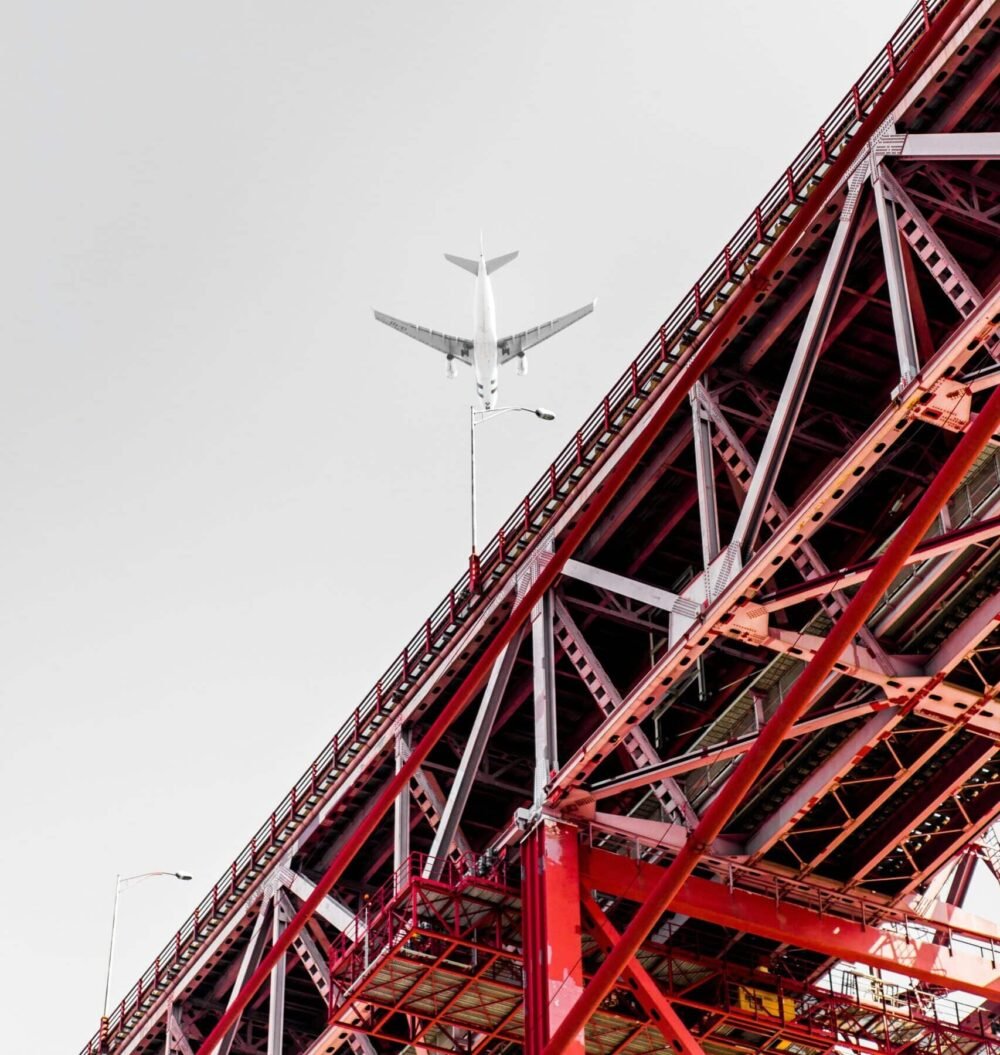Opposition questions new airport project as costs escalate
The Portuguese government has doubled down on its promise that taxpayers will not be directly burdened with the costs of the proposed Luís de Camões Airport in Lisbon. However, political and public scrutiny has intensified amid soaring cost projections and accusations of contradictory messaging from top officials.
The plan to build a new airport in Lisbon has been under discussion for decades, with the idea of a second airport to complement or replace Humberto Delgado Airport dating back to at least the 1960s. However, the project has been continuously stalled due to political disagreements and site selection debates.
While the Alcochete shooting range on the southern bank of the Tejo River was finally selected by the Portuguese government as the final location for the new airport in May 2024, a new row erupted in December over the airport’s total costs – namely how much its construction will cost Portuguese taxpayers.
Opposition parties quickly latched onto what they called “contradictions” from the PSD-led minority government, with the ministries of finance and infrastructure providing different takes on whether taxpayers will, in fact, be burdened by the new airport.
“The Ministry of Infrastructure claims there is no cost to taxpayers, yet the Minister of Finance suggests otherwise. Who is telling the truth?” questioned PS MP Hugo Costa.
The government tried to calm concerns in a statement sent to the press, clarifying that its “intention is to not directly burden the state budget with the construction of the new airport”.
It further noted that a report by airport authority ANA presented viable funding scenarios without involving taxpayers, bolstering confidence in the government’s belief. Infrastructure Minister Miguel Pinto Luz also assured that costs would not impact the state budget, stating: “We believe it’s possible to fund the investment through concession resources until the end of the concession period.”
Whether taxpayers do end up footing part of the bill or not, what’s certain is that revised projections from ANA put the cost of the new airport at €8 billion-€9 billion – a significant increase compared to the €6 billion initially estimated by the Independent Technical Commission (CTI).
The government has 30 days to analyse ANA’s report, which was delivered to Parliament on December 17 by Chairman José Luís Arnaut and CEO Thierry Ligonnière and is expected to outline funding strategies leveraging concession revenues.
In 2025, according to its proposal for the state budget, the government will go ahead with carrying out “basic studies” to support the technical solutions for implementing the new airport.
The government estimates that Luís de Camões Airport will be operational in 2034, which is less optimistic than the CTI, which pointed to the completion of the first runway in 2030.
Opposition voices criticism
The Portuguese Communist Party (PCP) is among the critics of the government’s handling of the matter, accusing the executive of capitulating to Vinci, the French multinational operating ANA. They argue that privatising ANA and granting Vinci a 50-year concession was a disastrous decision, yielding over €20 billion in profits for Vinci while stalling new airport development.
“Portugal not only lost airport revenues but continues to lack a new airport,” PCP said in a statement. The party also alleged that public funds or extended concessions might further enrich Vinci at the expense of national interests.
PCP has called for reclaiming airport concessions and advancing the phased construction of the new airport, coordinated with critical infrastructure projects like a third bridge over the Tejo River and high-speed rail connections.
Meanwhile, far-right party CHEGA has proposed forming a parliamentary oversight committee to scrutinise the airport’s construction. Speaking to journalists in December, Ventura stressed the need for transparency and fiscal responsibility.
“We are talking about €9 billion – an enormous sum. I think parliament must lead and oversee this process closely and step-by-step to ensure that loads of money are not spent on the new airport,” he said.
Ventura also expressed alarm over claims of a “50% cost overrun” compared to initial estimates. “It’s scandalous that not only do we lack a new airport, but costs are spiralling out of control,” he said, pledging Chega’s support for initiatives aimed at uncovering the truth about the costs.
ANA “very optimistic”
On the other hand, the chairman of ANA’s board of directors has said he is “very optimistic” about the construction of the new airport in Alcochete.
ANA’s report, stored on a tablet, was delivered at the government headquarters in Lisbon to Infrastructure and Housing Minister, Miguel Pinto Luz, and Finance Minister, Joaquim Miranda Sarmento.
Chairman José Luís Arnaut assured that all deadlines in the process are “being met” as planned and guaranteed that ANA is “completely” committed to building in Alcochete.
“We will now discuss (the report) with the government, but we are very pleased, after this period of work, with our report and the proposal that will indeed mark the beginning of collaboration with the government,” added ANA’s CEO, Thierry Ligonnière.
ANA/VINCI, which won the concession to manage Portugal’s airports in 2012, had previously proposed building a new airport at Montijo air base, in the district of Setúbal.
By MICHAEL BRUXO


























